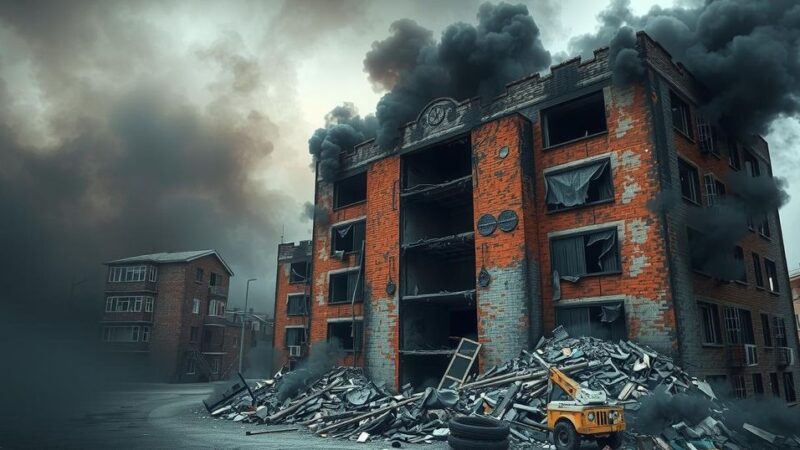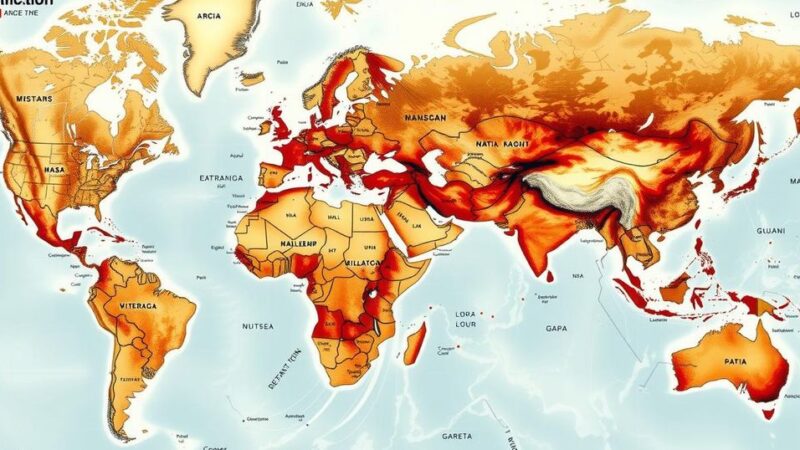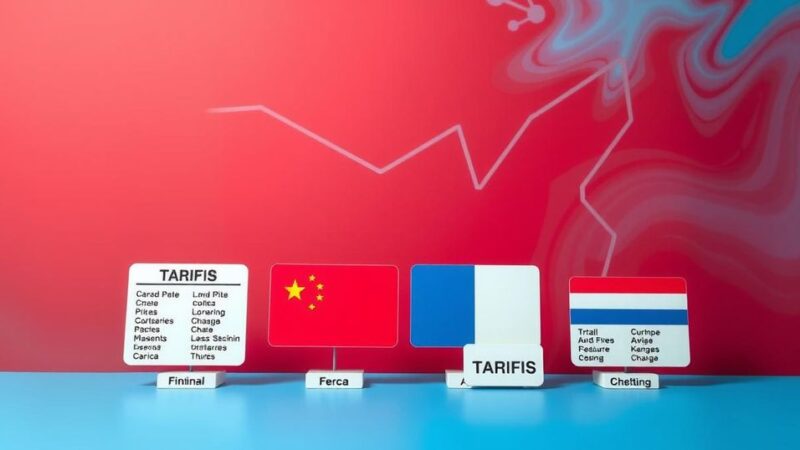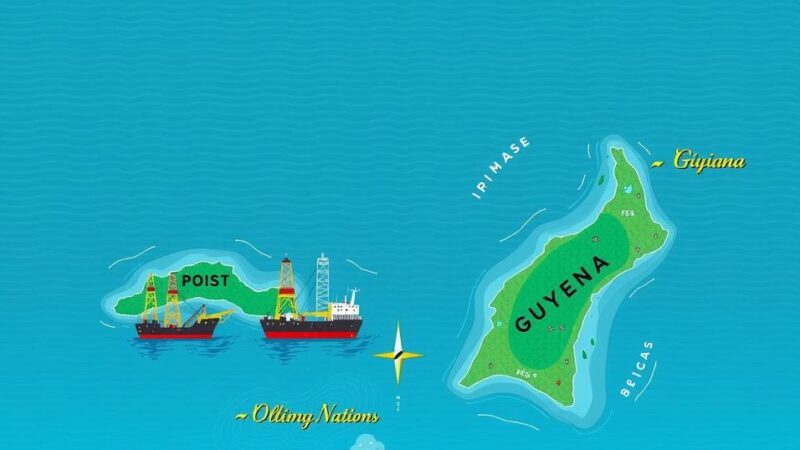Ethiopia is confronting escalating tensions in Tigray, two years after the Pretoria Agreement initially ended hostilities. Leadership fractures within Tigray pose risks of renewed conflict, as concerns grow over political stability and economic distress among residents. The influence of foreign interests further complicates the fragile situation in the Horn of Africa.
Ethiopian, after the signing of the Pretoria Agreement over two years ago, is now facing renewed tensions in Tigray. Although the agreement had initially quelled hostilities, anxiety among the populace persists as many citizens remain displaced, struggling with rising living costs and uncertain futures. “People are worried,” noted Kiflom Abraha, a resident of Mekelle, the state capital, highlighting ongoing financial distress with long queues at banks.
The stability achieved post-agreement was short-lived, as growing schisms among Tigray’s leadership have exacerbated unrest. This divide has sidelined Getachew Reda from power while military commanders have rallied behind Debretsion Gebremichael, leader of the Tigray People’s Liberation Front (TPLF). Political analyst Martin Plaut observed that the once-cohesive TPLF is now fragmented, a significant shift from their historically united front.
Prime Minister Abiy Ahmed, who initially appeared committed to reform and reconciliation, has increasingly confronted the Tigray elite, leading to significant political strife. His actions have removed longstanding political leaders within Tigray, though their influence remains a complex factor in the region. Plaut emphasizes that the conflicts from 2020 to 2022 were aimed at undermining the TPLF but achieved limited success, creating a precarious situation that is far from resolved.
With conflict looming, Lt. Gen. Tsadkan Gebretensae voiced concerns that war appears “inevitable,” urging for diplomatic resolutions amid increasing militarization from both Ethiopia and Eritrea. The situation reflects broader regional instability, compounded by ongoing crises across the Horn of Africa, such as the conflict in Sudan and tensions involving Somalia and Somaliland.
The implications of foreign interests from Middle Eastern powers, particularly Saudi Arabia and the UAE, also complicate the landscape of Ethiopian politics. Plaut notes their ambitions could shape regional stability, with shifting alliances further clouding future outcomes in Ethiopia and the surrounding areas.
The situation in Ethiopia remains precarious, with the Tigray region facing potential renewed conflict after a short-lived peace. Internal divisions among Tigray’s leaders have created a power vacuum that could lead to further unrest. The role of neighboring countries and foreign influences further complicates the dynamics at play. As regional crises mount, the potential for escalation in Ethiopia’s conflicts seems increasingly likely unless diplomatic solutions are prioritized.
Original Source: www.dw.com






